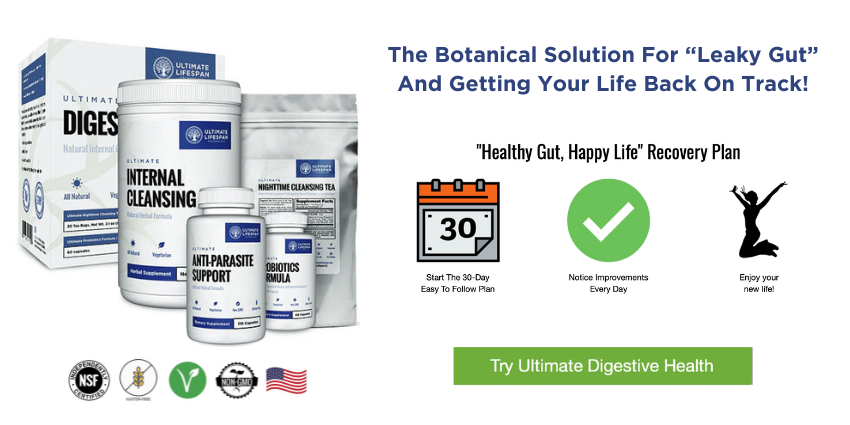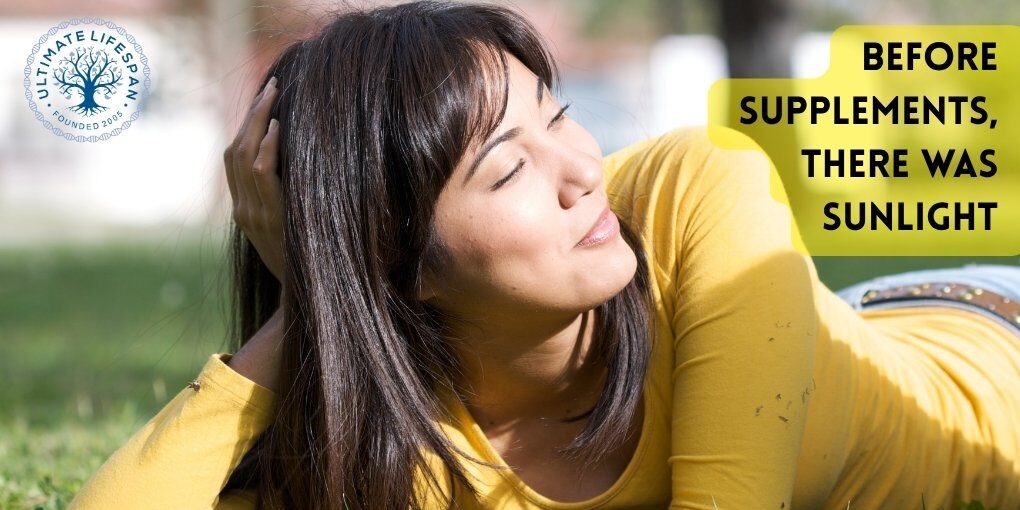Sunlight Isn’t the Enemy: Why Daily Sun Exposure Is Critical to Your Health
Most people today treat the sun like it's a threat—something to be avoided, blocked, or hidden from. I can't help but smell it when I meet a neighbor on my sunny day walks. Makes me feel like I'm on some beach. But here's a truth you won't hear in a dermatologist's office: your body needs sunlight like it needs water, food, and sleep.
We evolved under the sun. Now, we are the only beings on this earth that purposefully avoid it. For thousands of years, humans rose and rested with natural light. Our biology depends on those solar signals—not just for vitamin D, but for mood regulation, hormone production, sleep, immune strength, and even the function of our mitochondria.
Sunlight isn't just light—it's information. And in the modern world of artificial lights, indoor living, and chemical sunscreens, many of us are deeply sun-starved.
Let's break down why sunlight is an essential nutrient—and how to harness its power safely, the way our ancestors did.
Why the Sun Is Not the Villain You've Been Told It Is
You've heard the warnings: sun exposure causes skin cancer, wrinkles, and premature aging. So we slather on SPF 50, wear sunglasses year-round, and avoid midday sun like it's radioactive.
But here's the problem: in trying to avoid the sun, we're starving our bodies of one of the most vital health inputs known to nature.
Yes, overexposure can damage the skin—but so can underexposure. And our ancestors didn't have sunscreen or UV-blocking windows. What they had was balance and good health—and that's what we've lost.
Sunlight as a Nutrient
Think of sunlight not as a hazard, but as a nutrient—one your body was built to absorb and use. Here's what you're getting every time your bare skin meets direct sunlight:
1. Vitamin D Synthesis
The most well-known benefit—and for good reason. UVB rays convert cholesterol in your skin into vitamin D3, which then supports:
• Calcium absorption and bone health
• Immune function
• Mood regulation
• Hormonal balance
Low vitamin D levels have been linked to increased risk of autoimmune diseases, depression, diabetes, and even cancer. No supplement compares to the real thing—sun-derived vitamin D is more bioavailable and stays in the bloodstream longer. In today's world where half the population is taking statin madications and avoiding sun, is there any wonder why vitamin D deficiency is so common?
2. Mitochondrial Function
Red and near-infrared light from the sun penetrates deeply into tissues, stimulating the mitochondria—the energy factories inside your cells. This process boosts ATP production (your body's energy currency), reduces inflammation, and supports healing.
Sunlight doesn't just power plants. It powers you.
3. Hormonal and Circadian Health
Morning sunlight on your eyes and skin resets your circadian rhythm, telling your body it's time to wake up and be alert. This natural light exposure:
• Increases serotonin (which later converts to melatonin for sleep)
• Regulates cortisol in a healthy rhythm
• Balances reproductive and thyroid hormones
Skip this daily light cue, and your sleep, energy, and metabolism can all suffer.
4. Mood and Mental Health
Sunlight is nature's antidepressant. Studies show a clear link between time outdoors and reduced rates of anxiety and depression. It's not just the vitamin D—exposure to full-spectrum light improves neurotransmitter function and reduces inflammation in the brain.
Ancestrally, we spent the vast majority of our lives outdoors. Today, the average American spends over 90% of their life indoors. That's completely unnatural and unhealthy.
The Dangers of Avoiding the Sun
When we block or avoid sunlight, the consequences are something we see all around us:
• Vitamin D deficiency (common even in sunny states)
• Disrupted sleep cycles and insomnia
• Weakened immune response
• Certain cancers, including breast, colon, and prostate
• Higher risk of depression and seasonal affective disorder (SAD)
• Poor skin tone and low collagen production
Ironically, many skin conditions improve with controlled sun exposure—like psoriasis, eczema, and acne. Sunlight isn't the problem. Chronic overexposure and a lack of nutrients (especially antioxidants) are.
How to Reclaim Sunlight Safely—Without Sunscreen or Sunglasses
Here's the good news: you don't need to sunbathe for hours or get burned to benefit. Small, regular exposures done the right way can completely change your health.
1. Get Morning Sun on Bare Skin and Eyes
The most critical time to get sunlight is within the first hour of waking. Aim for 10–20 minutes of direct sun on as much skin as possible—no glasses, sunglasses, or windows in the way.
This anchors your circadian rhythm, boosts morning cortisol (in a good way), and helps set up a strong melatonin response at night.
2. Expose Gradually and Build a Solar “Base”
Skin builds its own protection with gradual, consistent exposure—thanks to melanin production. That's nature's sunscreen. Start with just 5–10 minutes a day, especially if you have fair skin or haven't been in the sun much lately. Increase time slowly as your skin adapts.
3. Stop Using Chemical Sunscreens
Most commercial sunscreens contain endocrine disruptors like oxybenzone and avobenzone. These chemicals are absorbed through the skin, interfere with hormones, and can increase your risk of skin cancer when exposed to UV light.
Safer alternatives:
• Mineral-based sunscreens with non-nano zinc oxide
• Cover up with clothing or seek shade after your healthy sun dose
• Eat a high-antioxidant diet (especially rich in vitamin C, E, and omega-3s) to support skin resilience
4. Avoid Sunglasses During Short Sun Sessions
Your eyes need to detect the full spectrum of light to properly signal the brain. Blocking UVA and blue light with sunglasses during sun exposure can disrupt hormonal and circadian signaling.
For short, intentional sun sessions (especially in the morning), go without them. If you're in bright midday sun for hours, a wide-brimmed hat offers safer shade than sunglasses.
5. Eat Your Sun Protection
Antioxidants act as an internal sunscreen by reducing inflammation and oxidative damage. Focus on:
• Bright-colored fruits and vegetables
• Pasture-raised animal fats (rich in vitamin A and D)
• Wild seafood (a source of astaxanthin, a natural sun protectant)
Ancestral diets naturally protected the skin—without lotion.
Sunlight Is Not Optional—It's Foundational
In the modern world, we've been taught to fear the sun—but that fear has left us weak, sick, and disconnected from one of the most important health tools nature gave us.
Sunlight is free medicine, and more than that—it's a biological necessity. No pill, lamp, or supplement can replicate what full-spectrum, natural sunlight offers your body and mind.
Just like with food or water, it's about quality, timing, and balance. Get intentional about your sun exposure, and you'll feel the difference—faster than you might expect.
Practical Action Steps
• Get sunlight on your skin and eyes within 30 minutes of waking
• Start with 5–15 minutes daily, depending on your skin tone and latitude
• Ditch toxic sunscreens and switch to mineral-based alternatives or natural shade
• Eat more antioxidant-rich, whole foods to build internal sun protection
• Think of sun exposure as part of your daily health routine, not a luxury
Sources:
Holick, M. F. (2004). Vitamin D: Importance in the prevention of cancers, type 1 diabetes, heart disease, and osteoporosis. The American Journal of Clinical Nutrition, 79(3), 362–371.
EWG Guide to Safer Sunscreens: https://www.ewg.org/sunscreen/
Siraji, M.A., Spitschan, M., Kalavally, V. et al. Light exposure behaviors predict mood, memory and sleep quality. Sci Rep 13, 12425 (2023).
Santander Ballestín S, Luesma Bartolomé MJ. Toxicity of Different Chemical Components in Sun Cream Filters and Their Impact on Human Health: A Review. Applied Sciences. 2023; 13(2):712.


